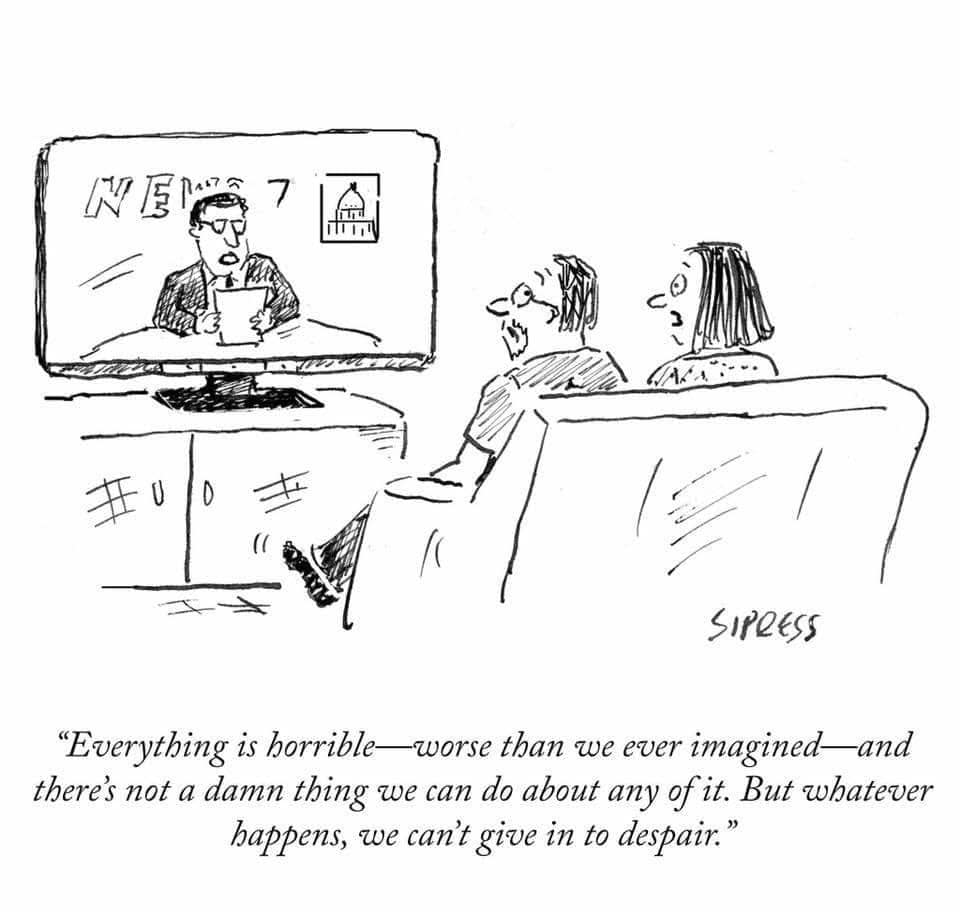All too often, the ugliness we face in grassroots spaces wears a smile. It’s smiling-faced vileness: pleasant, agreeable individuals who wield control by blocking dissent, sanitizing movements under the guise of compromise, and maintaining the fake illusion of consensus. This is especially true in spaces overly tolerant of #NGO-style protocols – those bureaucratic, #fashionista postmodern traps that slowly erode the spark that makes radical communities thrive.
From my work across decades – from protest camps to #openweb projects – I’ve seen this pattern again and again. Projects like early #Indymedia were messy, radical, and fiercely autonomous. That edge, that wildness was slowly excised until what remains is either safe, bland, and powerless or locked down and paranoid, both smother the naive grassroots paths.
At late era #climatecamp i’ve witnessed activist planning groups that masquerade as open and inclusive, but doom radical ideas by policing language. If someone speaks candidly about power or inequality, they risk being labelled as “derailing.” Not unlike what I describe on the Fediverse: “a consensus ritual where insiders quietly veto contentious proposals, pushing them offstage.” The effect is chilling – the bold, and meaningful, get diluted and then silenced.
I’ve also seen “horizontal” groups adopt soft authoritarianism: a handful of insiders subtly side-line contentious voices with endless calls for care, safety and more research or structure, this is simply polite gatekeeping, in those quiet pauses, power consolidates. These practices don’t just kill energy, they devour possibility. They cannibalize the chance for communities that are both fluffy (nurturing) and spiky (radical).
Smiling-face vileness is not satire – it’s simple #fashionista postmodern gaslighting, that slowly smothers life with calm care and precision. To compost this mess, the task of the grassroots is to replant what’s been stomped. That means cultivating friction -mess, disagreement, negotiation – because that is how community grows, trust is built, and real alternatives emerge. Let’s embed this friction into our code, our community practices, our shared care. Let’s compost the #NGO and fashionista chokeholds so we can grow radical, tender, collective futures #KISS

A lot of the “smiling-faced vileness” comes from a mix of personal psychology, learned behaviour, and the systemic incentives that shape #NGO, institutional, and #mainstreaming culture. It’s not usually deep evil – it’s something more banal, entrenched, and self-justifying. Examples of this mess makeing:
- Fear of losing control when change threatens the structures they know how to navigate, so they subconsciously (or consciously) try to stop it. Hannah Arendt’s banality of evil idea applies here: harm is done by “ordinary” functionaries protecting their turf “The real danger is not that people will rebel, but that they will acquiesce in doing what they know is wrong.”
- Cognitive dissonance management, as they see themselves as “the good guys,” so any action – even blocking positive change – must be reframed as “responsible” or “prudent.” #Postmodern self-protection: everything can be justified with enough narrative spin, “No one is the villain of their own story.”
- Status preservation, NGOs and funding orgs reward stability over creativity, hierarchy over challenge. If this position, funding and reputation depends on maintaining the current order, so will fight disruptive change, even if it’s obviously better “It is difficult to get a man to understand something, when his salary depends on his not understanding it.”
- Incompetence + insecurity, breeds paranoia. If you don’t know how to manage real change, you start to fear those who do. The façade of competence becomes more important than actual results, “When a man’s only tool is a hammer, every problem looks like a nail.”
- Groupthink & conformity pressure, #mainstreaming cultures reward going along with the majority, even if the majority is wrong “Whenever you find yourself on the side of the majority, it is time to pause and reflect.”
This is why these people who cling to “power” often look “nice” on the surface while quietly gutting or neutralising anything spiky, challenging, and any change of path. It’s not just personal malice, it’s a cultural immune system against change, fuelled by fear, vanity, and comfort.

An example of this is when the tiny few “secede” in #mainstreaming media (and the history it writes) it is not neutral, it’s a kind of #PR machine. It launders power and polishes away dissent. The smiling faces and “respectable” voices then are just the velvet gloves over the iron fist. It’s fake history as PR – it isn’t history as lived memory or contested struggle, it’s official narrative, a “storybook” written to flatter the winners and confuse the rest. That’s why it feels vile and pointless: it distracts, pacifies, and reframes mess as inevitability.
We need to be clear, the people who produce this are not innocent. Yes, many are clueless functionaries who internalize the system’s values without question. Others are parasitic aspirants, desperate to climb into the #nastyfew by copying their methods. Even when they do “small goods” (a sympathetic article, a cultural puff piece), in the larger pattern they still serve the mainstreaming #deathcult machine.
The compost metaphor is about instead of raging endlessly at the mess, take what can be siphoned off (attention, fragments of narrative, disillusioned individuals) and redirect that flow into the alt systems (#OMN, #4opens, Fediverse, grassroots histories) then compost the rest: let it rot, break down, and become the fertilizer for something alive and grounded t seed. Because otherwise we get stuck in their cycle: doom-scrolling their fake stories, wasting energy on only reacting instead of building. Yes, the challenge is mediation, not just rejection. Spot the toxic flows, tap them for useful nutrients, and feed the roots of alternatives.


 In my expirence the flowering of the
In my expirence the flowering of the 

 Let’s look at how we acturly organise. Grassroots alternative streams (and
Let’s look at how we acturly organise. Grassroots alternative streams (and 